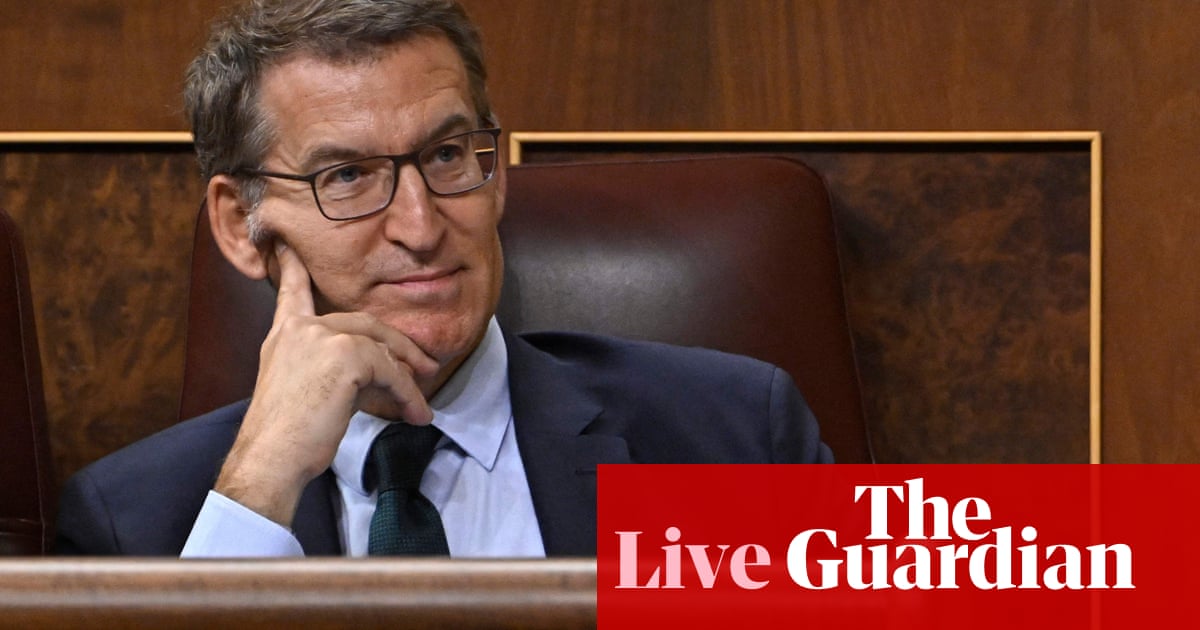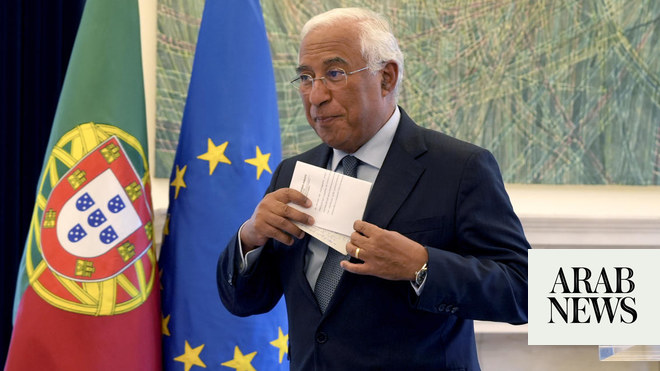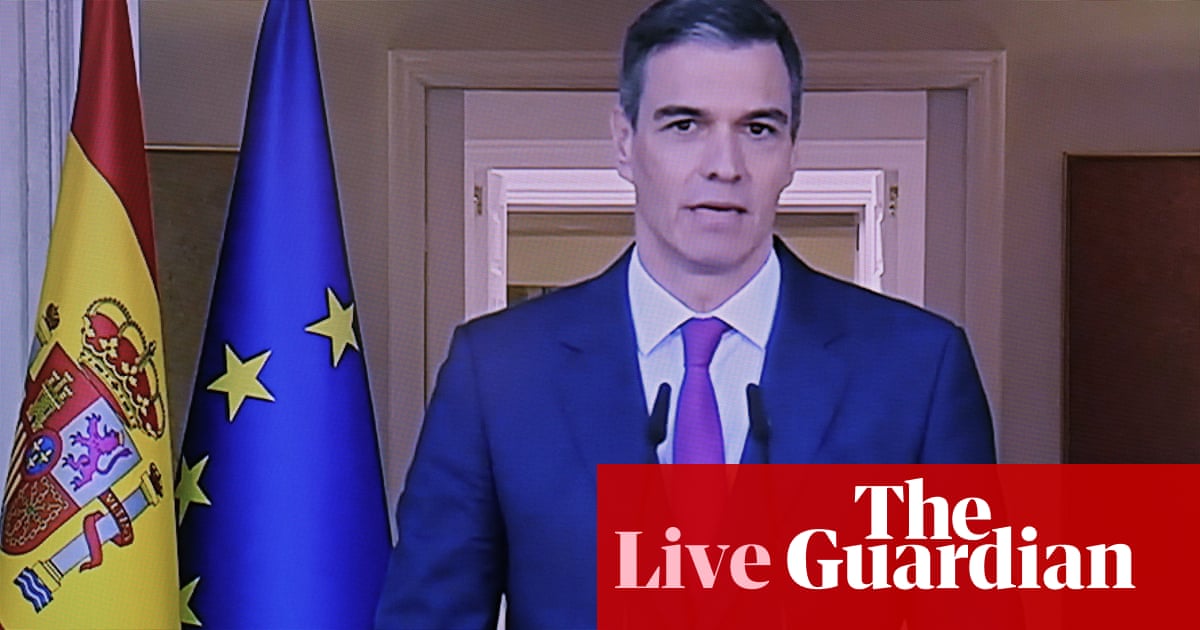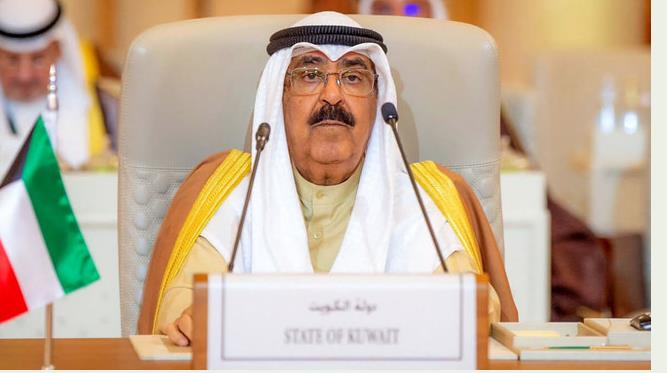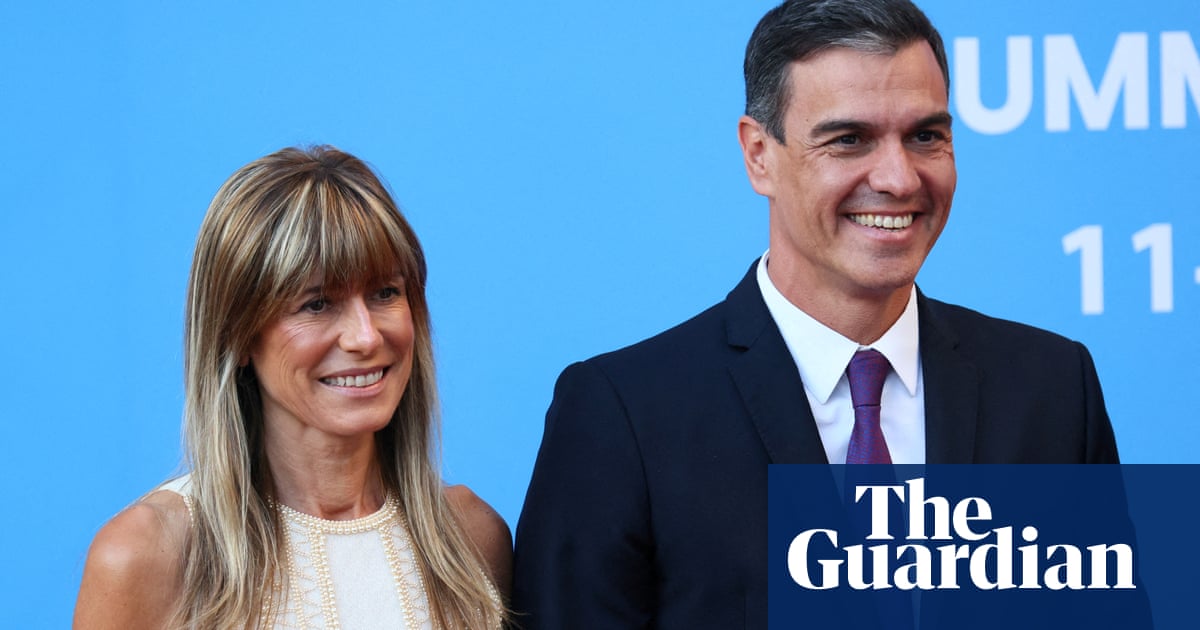
Spain’s socialist prime minister has cancelled his public duties for the rest of the week and said he is considering resigning after a court launched an investigation into his wife for alleged influence-peddling and corruption.
Pedro Sánchez, who has led Spain since 2018, said the “seriousness of the attacks” he and his wife, Begoña Gómez, were experiencing had led him to re-evaluate his position, adding that he would reveal his decision on Monday.
The announcement on Wednesday, set out in a letter Sánchez posted on X, came hours after a Madrid court opened a preliminary investigation into Gómez’s business affairs following a complaint made by Manos Limpias (Clean Hands), a pressure group whose leader has links to the far right.
In his letter Sánchez said the Manos Limpias complaint was based on “alleged reporting” by news sites whose political leanings he described as “overtly right wing and far right”, adding: “As is only logical, Begoña will defend her honour and will cooperate with the justice system as much as is necessary to clear up facts that are as scandalous in appearance as they are nonexistent.”
Sánchez accused his political opponents – chiefly Alberto Núñez Feijóo, the leader of the conservative People’s party (PP), and Santiago Abascal, leader of the far-right Vox party – of “collaborating with a far-right digital galaxy and with Manos Limpias”.
His opponents, he added, had launched a baseless “harassment and bullying operation by land, air and sea” in an effort to bring about his “personal and political collapse by attacking [his] wife”.
Nevertheless, the prime minister said the latest developments had compelled him to do some thinking. “Now that we’ve reached this point, the question I quite legitimately ask myself is, ‘is it all worth it?’ I sincerely don’t know.
“I need to stop and think about it … All of which leads me to tell you that I will keep working, but cancel all my public duties for a few days while I decide which path to take. Next Monday, 29 April, I’ll appear before the media to let you know my decision.”
His words elicited swift declarations of support from colleagues. “Not everything goes in politics,” wrote Teresa Ribera, Spain’s environment minister and a deputy prime minister. “We have a first-rate prime minister. Neither he nor his family deserve this. And neither does Spain.”
Yolanda Díaz, the labour minister, another deputy prime minister and leader of Sánchez’s coalition partners in the Sumar platform, also offered her full support.
She said: “This right-wing offensive can’t get its way. We need to defend democracy, the progressive bloc and the legitimacy of a coalition government that’s done so much to improve people’s lives.”
The move did little to placate Sánchez’s critics. A PP spokesperson said on Wednesday evening: “We think that rather than disappearing for five days, the prime minister should make an urgent appearance to provide a full explanation of the scandals that surround him, his government and his wife.
“We regret that Pedro Sánchez has opted for the path of silence rather than transparency … His problem isn’t just political; it’s fundamentally judicial.”
Sánchez – who secured a second term in office after last year’s inconclusive general election by offering a deeply controversial amnesty to Catalan separatists in return for their support in congress – is renowned as a shrewd and audacious political operator.
After being defenestrated by his own party in 2016 for refusing to facilitate another PP government, Sánchez clawed his way back to the leadership the following year. In 2018 he used a no-confidence vote to topple the corruption-mired PP government of Mariano Rajoy and take office.
Two years later, after the socialists finished first in two inconclusive general elections in the space of seven months, Sánchez teamed up with the left wing, anti-austerity, Podemos party, to form Spain’s first coalition government in 80 years.
His decision to call a snap general election last summer after his party’s drubbing in local elections in the spring also paid off. Although the PP finished first, it could not muster the necessary support to form a government, clearing the way for Sánchez and his Sumar allies to form a minority coalition government.
But his deals with Catalan and Basque separatist parties – and the still-thorny issue of the Catalan amnesty – has left him open to opposition accusations of cynicism and a desire to cling to power by whatever means he deems necessary.
Feijóo has previously described the amnesty law, which was passed last month, as a “shameful and humiliating deal” and the “greatest affront to dignity, equality and the separation of powers seen in a western democracy”.





